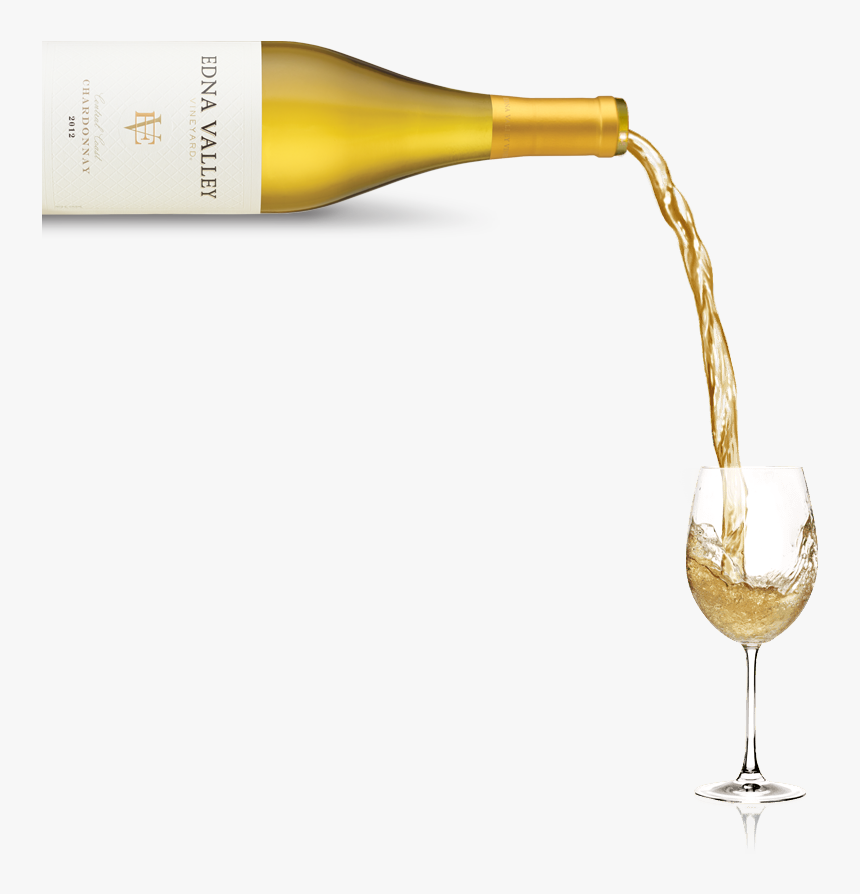
I woke up this morning to my social media feeds showing me memories from this day five years ago, when I just happened to be in Paris on Bastille Day. For those not familiar, Bastille Day commemorates an event in the early days of the French Revolution, when the downtrodden peasantry stormed the Bastille prison in central Paris to free the prisoners unjustly detained by the crown, starting in motion a chain of events that would eventually see King Louis XVI and Marie Antoinette lose their heads to the guillotine, and France transition from a monarchy to a republic.
Bastille Day has been observed every July 14 since that fateful day in 1789, and is often accompanied by enthusiastic consumption of Lillet, an aromatic French liqueur served as an aperitif. For those not familiar with the spirit, Lillet was invented in 1887 by Paul and Raymond Lillet, brothers who ran a distillery and wine negociant in Bordeaux.
Lillet begins with a base white wine, typically a white Bordeaux grape like Sémillon or Sauvignon Blanc, and is then fortified with fruit liqueurs and flavored with quinine from the bark of the cinchona tree. The resulting mixture typically weighs in around 17-20% ABV, and is then aged in oak barrels like a traditional Bordeaux wine.
The flavours are somewhat similar to Vermouth, since both Lillet and Vermouth are fortified wines, although Lillet gets its bitterness from quinine bark, while Vermouth gets its bitterness from wormwood bark. Lillet is typically served chilled as an aperitif, but I like a simple cocktail of one part Lillet and two parts soda water, commonly called a Lillet Spritz.
In the 1920s, consumer palates were leaning toward drier wines, so the Lillet Dry formula was developed for the growing British export market, and experienced a big jump in popularity in 1953, when James Bond invented the Vesper Martini, made up of three parts gin, one part vodka, half a measure of Lillet, and a lemon peel garnish. Unsurprisingly, there was another resurgence in popularity in 2008 when the Bond flick Casino Royale was rebooted.
Fast-forward to the swinging sixties, and Lillet Rouge was developed for the American market, using red grapes instead of white, to take advantage of shifting consumer preferences for red wines. Even more recently, a Rosé version was introduced just a decade ago, and is bursting with notes of orange blossom and grapefruit. The Lillet Rosé is very popular in cocktails, with elderflower and tonic water a favourite recipe.
Although my last trip to Paris was five long years ago, I always crack open a bottle of Lillet on Bastille Day, available at well stocked booze merchants here in Alberta for around $25. I like to gather my regular posse for an evening of French food and French tipples in the back yard, but we have thus far been able to avoid hauling out the guillotine.
Of all the varieties of Lillet, the original formulation made from the white Bordeaux grapes of Sémillon and Sauvignon Blanc is the most widely available here in Alberta, so is what can usually be found in my cellar. I like to start the evening with a chilled Lillet served in a brandy snifter or schnapps glass, just to whet the whistle of the gathered guests for the fun and frivolity to follow.
The quinine flavouring in Lillet imparts a bitterness that balances the sweetness from the liqueur fortifications, and lets the drink stand up to flavourful appetizers like smoked oysters or the stinky cheeses so adored by the French. Smoked almonds and cured meats are also robust enough to pair well with Lillet, so I make it my all-purpose aperitif when observing Bastille Day.
While traditionalists may like their Lillet as an aperitif before a big meal, I often enjoy it as a digestif with dessert, with the fruit liqueurs in Lillet complementing dishes like poached pears or peach cobblers.
Should you prefer your liqueurs as a cocktail ingredient rather than served straight up, Lillet can be used as a substitute for Aperol or Vermouth in many recipes. I like to add a splash of Lillet to a classic Gin & Tonic to impart an herbal finish, and garnish with a bit of orange zest and mint in a rocks glass.
Whatever your tippling preference, Lillet can liven up a boring old martini or cocktail, so give it a try today!





